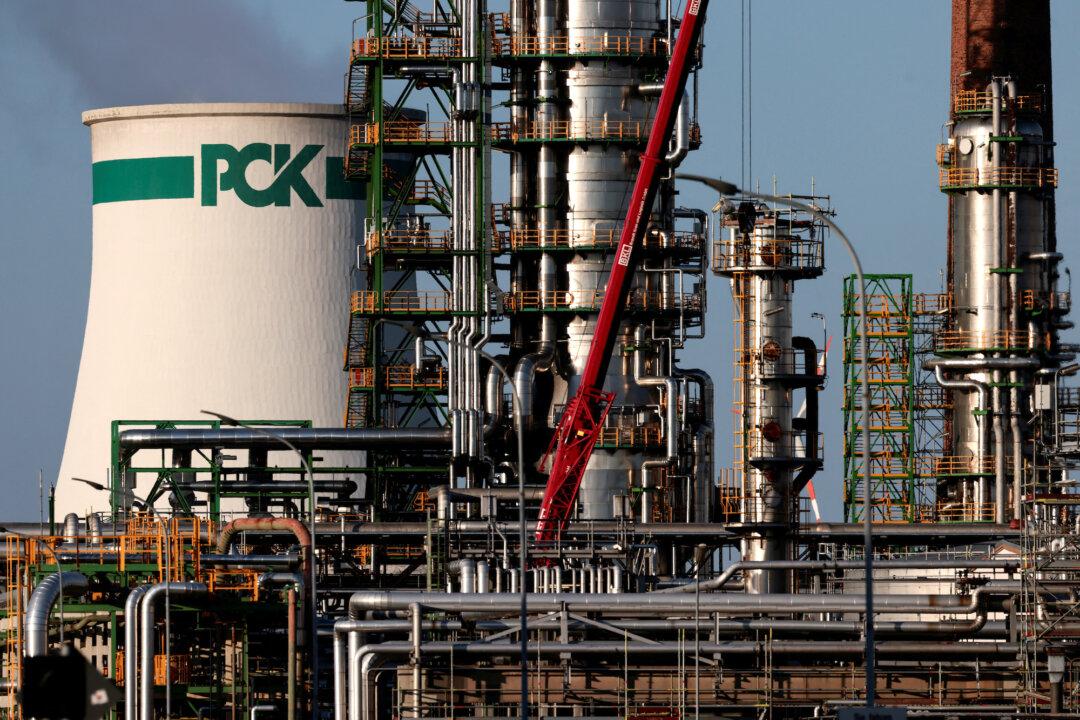German officials said Friday that Berlin has taken control of three Russian-owned refineries located in Germany in a scramble to shore up energy security before the planned embargo on oil imports from Russia kicks in and further squeezes energy supplies.
Germany’s Economy Ministry said in a statement on Sept. 16 that Rosneft Deutschland GmbH and RN Refining & Marketing GmbH will be put under the administration of Germany’s Federal Network Agency.





